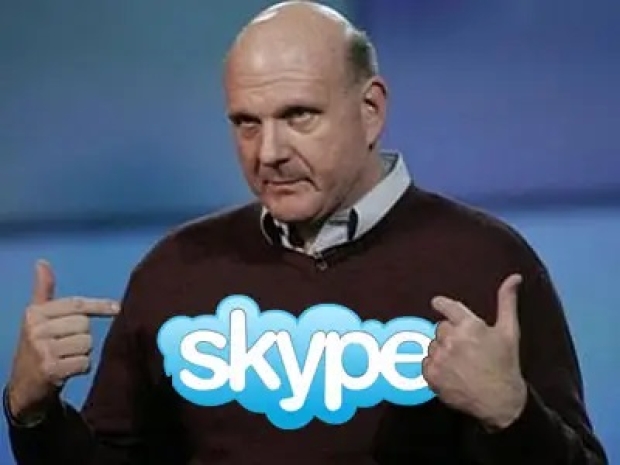The item tells how Skype was developed in nine months in 2003 by a six-person group of childhood mates in Estonia.
Skype's former chief technical architect Ahti Heinla said the group were smart engineers who learnt on the go but no one had any telecoms background. After his interview, Heinla admits he did not use the app and his primary communication methods now are elsewhere." GigaOm founder Om Malik told CNBC it was Skype's missteps that enabled the massive growth of WhatsApp, and shared this succinct diagnosis of what's happening to Skype. "Microsoft is where consumer brands go to die."
Microsoft shelled out $8.5 billion for the company in 2011, but even backed by the world's largest software company, Skype is falling by the wayside.
During the pandemic, consumers and business workers turned to tools like Zoom and Meta's WhatsApp, and now there are any number of options to quickly connect with groups of friends and colleagues over smartphones.
Microsoft has promoted Skype in Outlook and Windows and even enriched the app with its Bing generative artificial intelligence chatbot. But the numbers still don't look great.
In March 2020, Microsoft said Skype had 40 million daily active users, a number that's since slipped to 36 million, according to a spokesperson.
By contrast, Microsoft's newer Teams communication app is growing in popularity, rising from nearly 250 million monthly users in July 2021 to a record of over 300 million in the first quarter.
Microsoft Teams reached an all-time high of 300 million active users in the second quarter of 2023, according to CNBC's video report. But a research VP at IDC says Microsoft Teams succeeded in taking users away from Skype.
GigaOm's Malik says Microsoft "failed to capitalise on Skype. The shy and retiring CEO Steve [there’s a kind of hush] Balmer was the king of buying things and not knowing what to do with them.
What happened with Skype is the story of every large company with too much middle management: they didn't innovate on the product for a long time."
Now the software’s future is uncertain as Vole is pouring shedloads of engineering resources into making Teams a big destination for communication. It's not doing the same thing with Skype.
Vole recently equipped Skype with Bing's AI-powered chatbot and that might help, but it is unlikely to return to its glory days.
Ironically Jaan Tallinn, one of Skype's original programmers, now "spends most of his time discussing the dangers of unchecked AI development."
"I don't know what the future holds for Skype. I'm concerned about humans being wiped out, so it's unlikely we'll need Skype if that happens," he cheerfully said.




